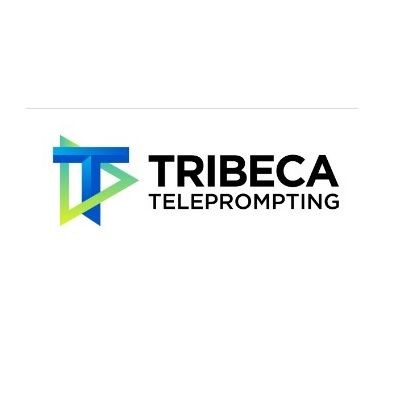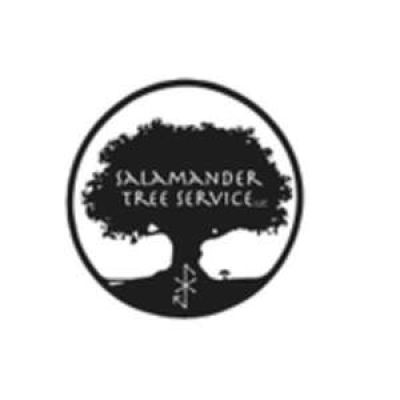Navigating Conflict in Kiwi Workplaces
In today's rapidly evolving business landscape, workplace conflict is an inevitable aspect every organization must confront. Did you know that unresolved conflict costs New Zealand businesses an estimated NZD 1.5 billion annually in lost productivity? Addressing these issues effectively is crucial for enhancing workplace harmony and driving sustainable growth. This article delves into how sustainability consultants can navigate conflict to foster a productive work environment in New Zealand.
Conflict management is not just about resolving disputes; it's about creating an ecosystem where diverse perspectives are valued and managed constructively. What strategies can Kiwi managers implement to not only resolve conflicts but also turn them into opportunities for growth? Share your thoughts below!
Understanding the Root Causes of Workplace Conflict
Workplace conflicts often stem from a variety of sources, including differing values, communication styles, and resource limitations. In New Zealand, cultural diversity and the distinct Māori values play a crucial role. Recognizing these root causes is the first step in managing conflict effectively.
Key Contributors to Conflict in New Zealand Workplaces
- Cultural Differences: New Zealand's multicultural workforce can lead to misunderstandings if cultural sensitivities are not respected.
- Communication Barriers: Miscommunication is a common source of conflict, particularly in remote or hybrid work settings.
- Resource Scarcity: Competition for limited resources can spark conflict, especially in industries like agriculture and tech.
Strategies for Effective Conflict Management
Effective conflict management requires a proactive approach. Sustainability consultants can implement strategies that not only address conflicts but also enhance organizational stability and employee satisfaction.
1. Embrace Open Communication
Encourage a culture of openness where employees feel safe to express their concerns. Regular team meetings and feedback sessions can prevent conflicts from escalating.
2. Foster Cultural Competence
Training programs focusing on cultural awareness and inclusivity can bridge gaps and reduce misunderstandings within diverse teams.
3. Implement Mediation and Conflict Resolution Training
Equipping employees and managers with conflict resolution skills can empower them to handle disputes independently and constructively.
Case Study: Fonterra's Approach to Conflict Management
Fonterra, a leading dairy cooperative in New Zealand, faced significant internal conflict due to communication breakdowns and cultural misunderstandings.
Problem:
Fonterra struggled with employee turnover and decreased productivity due to unresolved conflicts. The company's multicultural workforce often faced communication barriers.
Action:
Fonterra implemented a comprehensive conflict management program, including cultural competency workshops and regular feedback sessions. They also introduced mediation as a standard practice for resolving disputes.
Result:
Within a year, Fonterra saw a 20% reduction in employee turnover and a 15% increase in productivity. The program fostered a more inclusive workplace culture.
Takeaway:
Fonterra's success underscores the importance of proactive conflict management and cultural competence in enhancing workplace harmony and productivity.
Common Myths & Mistakes in Conflict Management
Misconceptions about conflict management can hinder effective resolution. Here are some common myths and the realities behind them:
- Myth: Conflict should always be avoided.
- Reality: Conflict can lead to innovation and growth if managed constructively.
- Myth: Mediation is only for serious disputes.
- Reality: Mediation can be a valuable tool for resolving minor disagreements before they escalate.
- Myth: All conflicts have a clear winner and loser.
- Reality: Effective conflict resolution aims for win-win outcomes.
Which of these myths did you believe before reading this? Share your insights below!
Future Trends in Conflict Management
As New Zealand workplaces continue to evolve, so too will the strategies for managing conflict. By 2028, AI-driven conflict resolution tools are expected to play a significant role, offering data-driven insights to preemptively address potential disputes. Additionally, the emphasis on mental health and well-being in the workplace will likely continue to grow, further influencing conflict management practices.
Final Takeaways & Call to Action
- Conflict management is essential for maintaining a productive and harmonious workplace.
- Embrace open communication and cultural competence to reduce misunderstandings.
- Proactively addressing conflicts can lead to innovation and improved employee satisfaction.
- Consider investing in conflict resolution training and mediation practices.
Ready to enhance your conflict management strategies? Share your experiences and insights in the comments below!
People Also Ask (FAQ)
- How does conflict management impact businesses in New Zealand? Effective conflict management enhances productivity and employee satisfaction, directly impacting a business's bottom line.
- What are the biggest misconceptions about conflict management? Many believe conflict should be avoided, yet managed conflict can drive innovation and employee growth.
Related Search Queries
- Conflict resolution strategies New Zealand
- Workplace mediation techniques
- Managing cultural diversity in NZ workplaces
- Employee engagement and conflict management
- Benefits of open communication in business



































karolynwyrick1
7 months ago